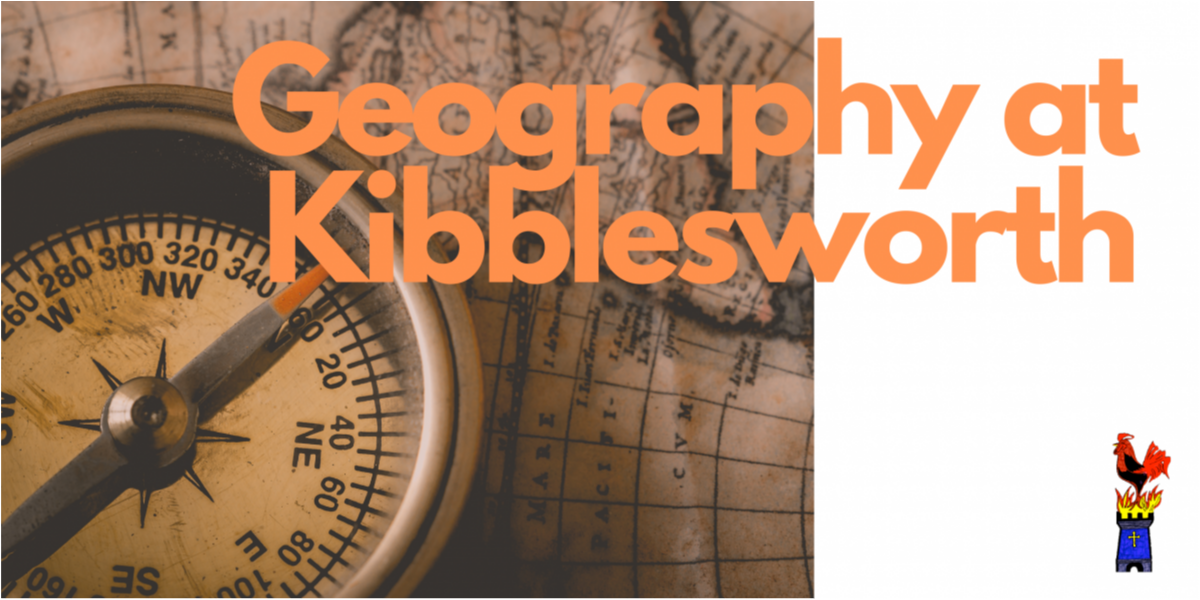Geography gives children the knowledge about the world we live in. We look to create ‘awe and wonder’ at the natural world. We give children opportunities to discuss, form opinions and question issues that affect themselves and where they live at a local and international level and aim to make children responsible global citizens,
During their time in Kibblesworth, children will acquire skills and knowledge across projects and year groups, so they have a clear understanding of Earth’s physical/human processes. They will develop confidence in identifying locations and will become knowledgeable in communicating geographically. During the time in our school, pupils will be given opportunities to apply their skills to fieldwork studies within their locality.
A high-quality geography education inspires in pupils a curiosity and fascination about the world and its people that will remain with them for the rest of their lives. Teaching should equip pupils with knowledge about diverse places, people, resources and natural and human environments, together with a deep understanding of the Earth’s key physical and human processes. As pupils progress, their growing knowledge about the world should help them to deepen their understanding of the interaction between physical and human processes, and of the formation and use of landscapes and environments. Geographical knowledge, understanding and skills provide the framework and approaches that explain how the Earth’s features at different scales are shaped, interconnected and change over time.
Our aim is for the Geography curriculum reflect those of the National Curriculum.
We aim for pupils to:
-
Develop knowledge of globally significant places both terrestrial and marine- including physical and human characteristics and how these provide a context for understanding of geographical processes
-
Understand key human and geographical features of the world, how they are interdependent and how they bring about spatial variation and change over time
-
Become competent in geographical skills of collecting, analysing and communicating data gathered in fieldwork.
-
Explore and interpret geographical sources of information including maps, diagrams, aerial photos and GIS (Geographical Information Systems)
-
Communicate through a variety of ways including maps, numerical and quantitative skills and writing at length
Planning is split between each Key stage with their own objectives. Early Years use the EYFS framework from which planning is based on children’s interests, themes and also to address any gaps in learning. Provocations and directed tasks make sure that children progress within ‘The World’ area of learning and cover all aspects within their stage of learning and onto the Early Learning Goals.
Geography skills and knowledge are detailed for each year group within the Maestro curriculum. The projects allow children to learn and revisit previous skills with full coverage of the National Curriculum. There are opportunities to revisit skills within other topics not solely geography focused as well as develop fieldwork skills in every year group. Progression is clear within the Maestro website and can detail previous skills required to support the new learning within a lesson. Teachers and subject coordinators make use of this to highlight gaps in learning from the previous year, even down to a specific child.
We also plan for opportunities to build and recap children’s knowledge of the location of countries/oceans within the world and naming major cities within the world. These will be planned on discussion with class teacher and facilitate the geographical or other subject learning in a project. This will be through ‘sticky facts’, quizzes, home projects and competitions.
Recording work
Within Early Years, observations are noted, assessed and placed in the child’s learning journey. The observations are based on the children’s learning both in teacher directed activities and child-initiated learning and within the indoor and outdoor environment.
Within KS1 and KS2 children will use their geography book to record work. Geography books will contain various methods of recording work which reflect the topic and skills taught.

